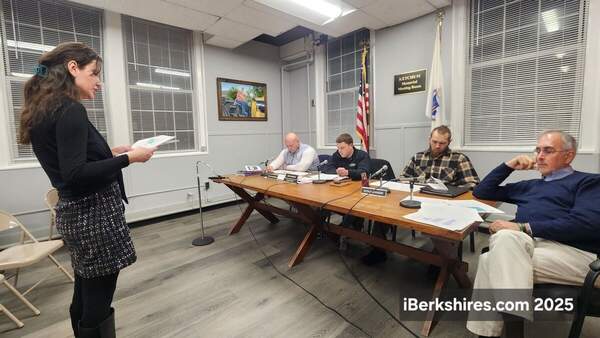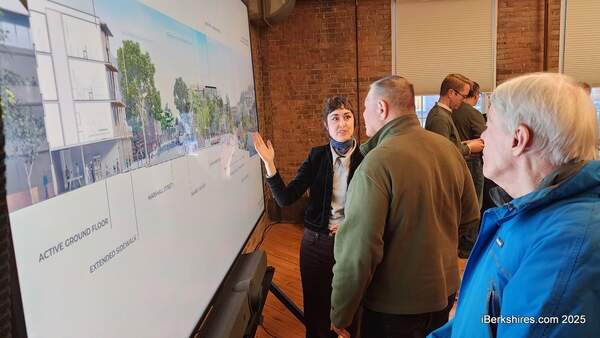
How Can You Become a 'Sustainable' Investor?
 |
Your values are important to you – and so are your investments. But you don't have to keep these two parts of your life separate if you pursue sustainable investing.
If you haven't heard of this term, you might know it by other names: socially responsible investing, values-based investing and environmental, social and governance (ESG) investing. Essentially, sustainable investing incorporates non-financial or indirect financial considerations, specifically environmental concerns (climate change, renewable energy, water scarcity), social concerns (human rights, product safety or liability) and governance issues (corporate behavior, executive compensation, lobbying and so on). As a sustainable investor, you would invest in companies that take what you would consider a positive stance on these issues, or are at least improving in these areas, and you would avoid businesses that fall on what you perceive as the negative side.
There are many ways to implement a sustainable investing approach that addresses your specific concerns, with varying levels of diversification and control. Some investors select individual stocks of companies they are comfortable supporting. But you might find it more affordable, and more efficient, to invest in mutual funds or exchange-traded funds (ETFs) that focus on sustainable investments.
When exploring sustainable mutual funds and ETFs, make sure you look beyond the name of the fund to assess whether its ESG approach aligns with your personal interests and goals. Also, look for these key elements:
Diversification: By definition, mutual funds that concentrate on sustainable investments might exclude entire industries, which could hurt your portfolio's performance if the excluded investments perform better than the rest of the market. For example, a fund that excludes all oil-related companies might generate poor returns during a period of rising oil prices. Therefore, you may prefer to invest in a fund that integrates environmental, social and governance considerations into the investment process without excluding specific sectors or types of companies. You can further dilute this risk by owning a wide array of sustainable funds that use different approaches or processes to invest in sustainable companies. However, while diversification can reduce the effects of volatility on your portfolio, it can't guarantee profits or protect against all losses.
Track record: As you have no doubt heard, past performance can't guarantee future results, so you may not want to over-concentrate on a fund’s historical returns. Still, it might be worthwhile to compare how one fund has performed over time in comparison with similar funds or an index. Many sustainable-investing funds are newer or weren't always invested sustainably, so be sure the track record you are considering is relevant.
Here's something else to keep in mind: The universe of mutual funds is vast, and some funds may not market themselves as "sustainable" but still include sustainable considerations in their investment selections. These funds could provide you with more options.
Finally, consider including charitable contributions in your investment strategy. In some cases, you may decide that's a better way to meet your financial and non-financial investing goals than limiting your investment choices.
By following a sustainable investing approach or incorporating charitable donations in your financial strategy, you can express your beliefs in a tangible way – while still working to achieve your long-term goals.
This article was written by Edward Jones for use by your local Edward Jones financial advisor. Courtesy of Rob Adams, 71 Main Street, North Adams, MA 01247, 413-664-9253.. Edward Jones, its employees and financial advisors cannot provide tax or legal advice. You should consult your attorney or qualified tax advisor regarding your situation. For more information, see EdwardJones.com.















